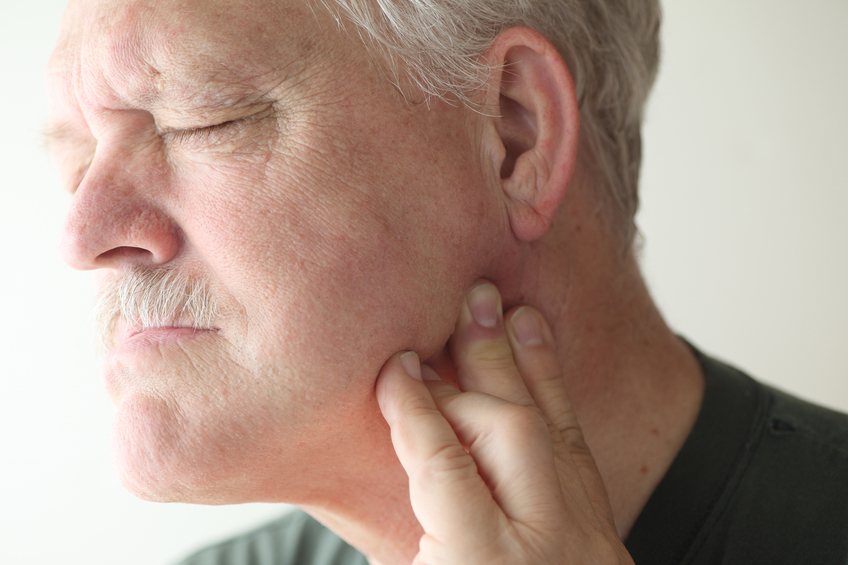A new study has uncovered a startling medical fact: Nearly half of all heart attack victims don’t know they’ve had a heart attack.
And these so-called silent heart attacks triple the odds of dying from heart disease.1
Most of us associate a heart attack with severe chest pain, shortness of breath, and cold sweats. These are the classic symptoms that cause us to dial 911.
But new research from Wake Forest University found that 45% of all heart attacks are silent. The symptoms are either unrecognized as those of a heart attack or they are so mild they go unnoticed.2
These heart attacks are often discovered much later. When a victim has an electrocardiogram during a routine checkup, the exam will show heart damage.
Dr. Elsayed Soliman is director of the epidemiological cardiology research center at Wake Forest School of Medicine. He is the lead author on the study.
“Silent heart attacks are almost as common as heart attacks with symptoms, and just as bad,” he warned.
In some ways, they are worse. Because the patient is unaware of the heart attack, he or she does not get treatment or make any lifestyle changes. And they end up having another heart attack that can be fatal.
The study was recently published in the American Heart Association’s journal Circulation.
Researchers collected data on 9,500 middle-aged American men and women. They followed the group for nine years.
During that time, 386 patients (55%) had heart attacks with clinical symptoms. But 317 (45%) had silent heart attacks that went unnoticed.3
They then tracked the death rate of both groups for another 20 years. Compared to those whose heart attack had obvious symptoms, silent heart attack sufferers were three times more likely to die of heart disease.
Researchers say there are subtle signs that indicate you may have suffered a silent heart attack:4
Unusual soreness in the upper back, arms, or elbow. When your heart runs short of oxygen, it sends pain signals. But because of the body’s nerve structure, your brain may read the pain signals as coming from the upper back, arms, or elbow. People tend to ignore this pain, believing it is typical muscle soreness. But if you haven’t exercised or can’t pinpoint a reason for the pain, you should see your doctor.
Unexplained fatigue. Getting unusually tired walking up stairs, gardening, mowing the lawn, or while doing other routine activities can be a sign your heart is not pumping enough blood to muscles. Ask your doctor for an EKG. 5
Unusual heartburn. If you have an occasional heartburn flare-up, don’t worry. But pay attention if it’s out of the ordinary, long lasting, or feels different than heartburn you’ve experienced before. It may be angina, which is pain coming from a distressed heart.
Stomach upset. Heart attack symptoms sometimes hide as nausea, especially in women. If you can’t explain a sudden bout of stomach upset, see your doctor.
Throat, neck, or jaw discomfort. Unexplained discomfort of the neck or jaw, or tightness in the throat you’ve never felt before, can indicate a heart attack. Doctors say that diabetics should be especially alert to this sign. They’re less likely to feel chest pain because they have impaired nerves. Throat, neck, or jaw pain is often the first sign of a heart attack in people with diabetes.
Don’t let stubbornness stop you from saving your life. If you notice any of these symptoms, check with your doctor. And of course if you want to avoid a heart attack, silent or otherwise, try to keep your stress levels low. Eat a diet rich in fruits, nuts, vegetables, and fish. And avoid inflammatory foods like grains and reduced-fat dairy.
Here’s something else you should know about heart health…
Discover the little-known test that detects heart problems quicker than the ones used in doctor’s offices across the country… And find out how a natural extract treats heart disease—without dangerous side effects.
Get all the details HERE.
In Good Health,

Angela Salerno
Executive Director, INH Health Watch
Like this Article? Forward this article here or Share on Facebook.
References:
1https://consumer.healthday.com/cardiovascular-health-information-20/heart-attack-news-357/half-of-heart-attacks-may-be-silent-711030.htm
2http://www.silentheartattack.org/
3http://www.rd.com/health/conditions/silent-signs-heart-attack/
4https://www.caring.com/articles/heart-symptoms

